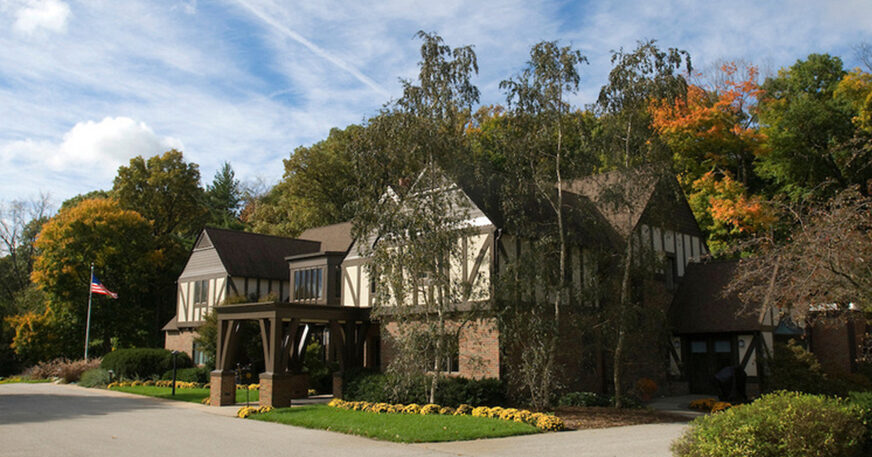Suresh Mittal presents ‘Universal Influenza Vaccine — An Aspiration or Reality?’ at Westwood Lecture Series

Exterior of Westwood building.
Suresh Mittal, Distinguished Professor of Virology in the College of Veterinary Medicine, presented “Universal Influenza Vaccine — An Aspiration or Reality?” at the Westwood Lecture Series on Jan. 28.

Abstract. Current seasonal influenza vaccines offer strain-specific protection, and thus, are less effective against mismatched strains. Besides, several zoonotic avian influenza viruses — e.g., H5N1, H7N7, H7N9 or H9N2 — pose a significant pandemic risk since seasonal influenza vaccines fail to protect against the distinct avian influenza viruses. Moreover, ongoing cases of avian A/H5N1 influenza virus (clade 2.3.4.4b) in cattle and its transmission to cattle, poultry and cats further highlight the potential danger of avian influenza viruses. Therefore, developing a universal influenza vaccine that confers better protection than the currently available seasonal or pandemic influenza vaccines will be vital for influenza preparedness. Our work at Purdue University, using a unique adenoviral vector platform with innovative antigen design, demonstrates the feasibility of designing an effective universal influenza vaccine.
Bio. Suresh Mittal is the Distinguished Professor of Virology in the College of Veterinary Medicine and serves as the infectious disease group leader for the Purdue Institute of Inflammation, Immunology and Infectious Disease. With more than 30 years of experience working with adenoviral vectors, Mittal is a leader in designing human and nonhuman adenoviral vectors for recombinant vaccines. Over the last 20 years, he has acquired expertise in adenoviral vector-based vaccines for seasonal and potential pandemic influenza viruses, and his ongoing work has contributed to the development of vaccines for influenza, COVID-19 and tuberculosis. Mittal has extensive expertise in designing novel intervention strategies for emerging and remerging infectious agents, and his research continues to be supported by funding from the National Institutes of Health.
Prior to joining the Purdue faculty, Mittal earned a Bachelor of Veterinary Science and Animal Husbandry and a Master of Veterinary Science from Haryana Agricultural University in Hisar, India, as well as a Doctor of Philosophy in molecular virology from the University of Cambridge in England. He completed postdoctoral training at McMaster University in Hamilton, Canada.